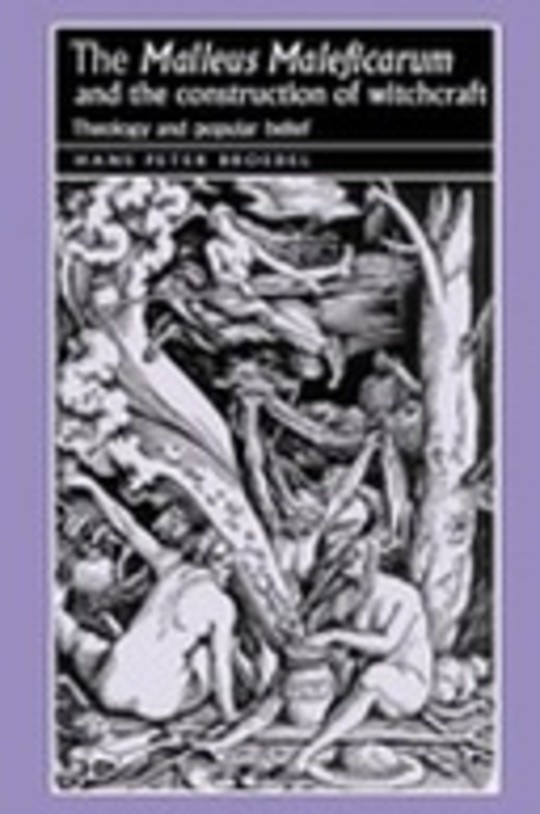
Ever Faithful - Race, Loyalty and the Ends of Empire in Spanish Cuba
Free
Description
Contents
Reviews
Language
English
ISBN
Unknown
Contents
Preface
Acknowledgments
Introduction - A Faithful Account of Colonial Racial Politics
One - Belonging to an Empire: Race and Rights
Two - Suspicious Affinities: Loyal Subjectivity and the Paternalist Public
Three - The Will to Freedom: Spanish Allegiances in the Ten Years’ War
Four - Publicizing Loyalty: Race and the Post- Zanjón Public Sphere
Five - “Long Live Spain! Death to Autonomy!” : Liberalism and Slave Emancipation
Six - The Price of Integrity: Limited Loyalties in Revolution
Conclusion - Subject Citizens and the Tragedy of Loyalty
Notes
Bibliography
Index
The book hasn't received reviews yet.











